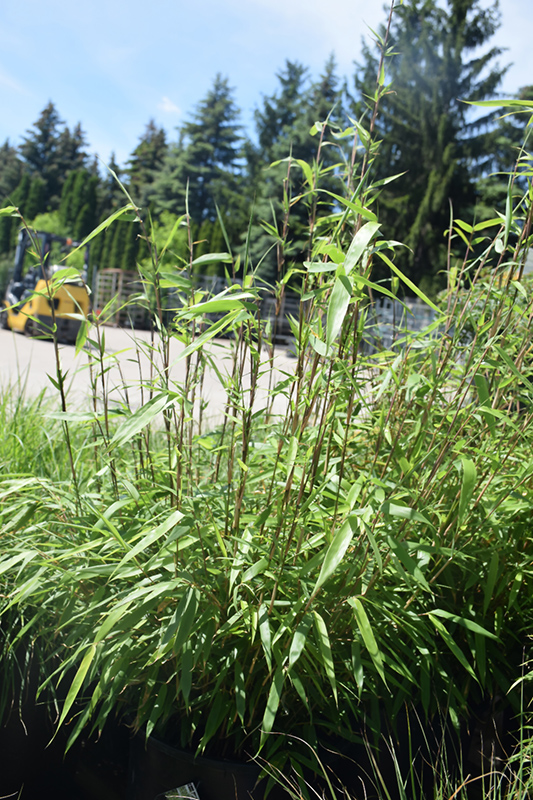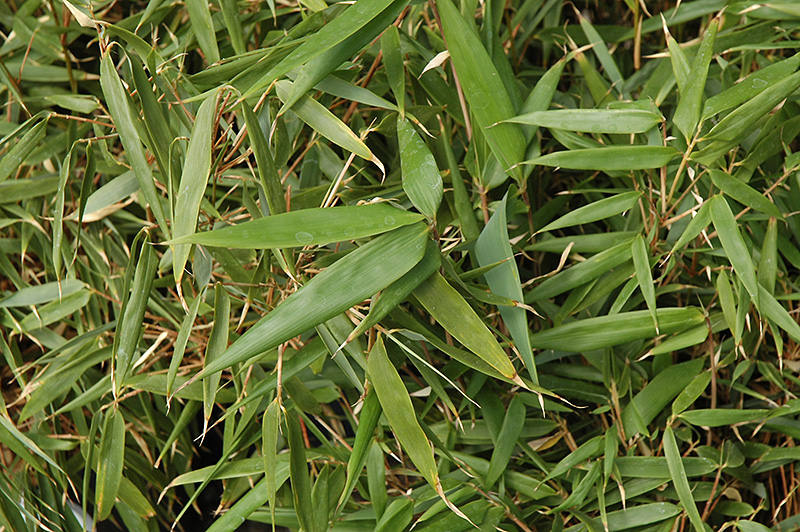>> Home
Height: 10 feet
Spread: 8 feet
Sunlight:
![]()
![]()
Hardiness Zone: 4
Other Names: Fargesia dracocephala
Description:
This bamboo makes a beautiful screen or accent in the garden, incredibly architectural when mature; a non-invasive species; attractive sheaths are rusty red; a must for Asian gardens
Ornamental Features
Rufa Clump Bamboo is primarily valued in the landscape or garden for its interesting and distinctive form. Its narrow leaves remain green in color throughout the year.
Landscape Attributes
Rufa Clump Bamboo is an herbaceous evergreen perennial with an indistinguished habit of growth. Its relatively fine texture sets it apart from other garden plants with less refined foliage.
This is a relatively low maintenance plant, and can be pruned at anytime. It has no significant negative characteristics.
Rufa Clump Bamboo is recommended for the following landscape applications;
- Accent
- Vertical Accent
- Mass Planting
- Hedges/Screening
- General Garden Use
- Naturalizing And Woodland Gardens
Planting & Growing
Rufa Clump Bamboo will grow to be about 10 feet tall at maturity, with a spread of 8 feet. Its foliage tends to remain dense right to the ground, not requiring facer plants in front. It grows at a fast rate, and under ideal conditions can be expected to live for approximately 20 years. As an evegreen perennial, this plant will typically keep its form and foliage year-round.
This plant does best in full sun to partial shade. It does best in average to evenly moist conditions, but will not tolerate standing water. It is not particular as to soil pH, but grows best in rich soils. It is highly tolerant of urban pollution and will even thrive in inner city environments. This species is not originally from North America. It can be propagated by division.

